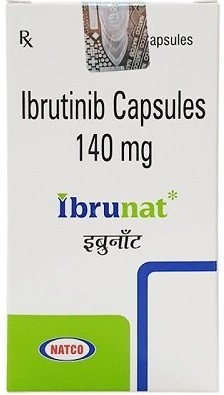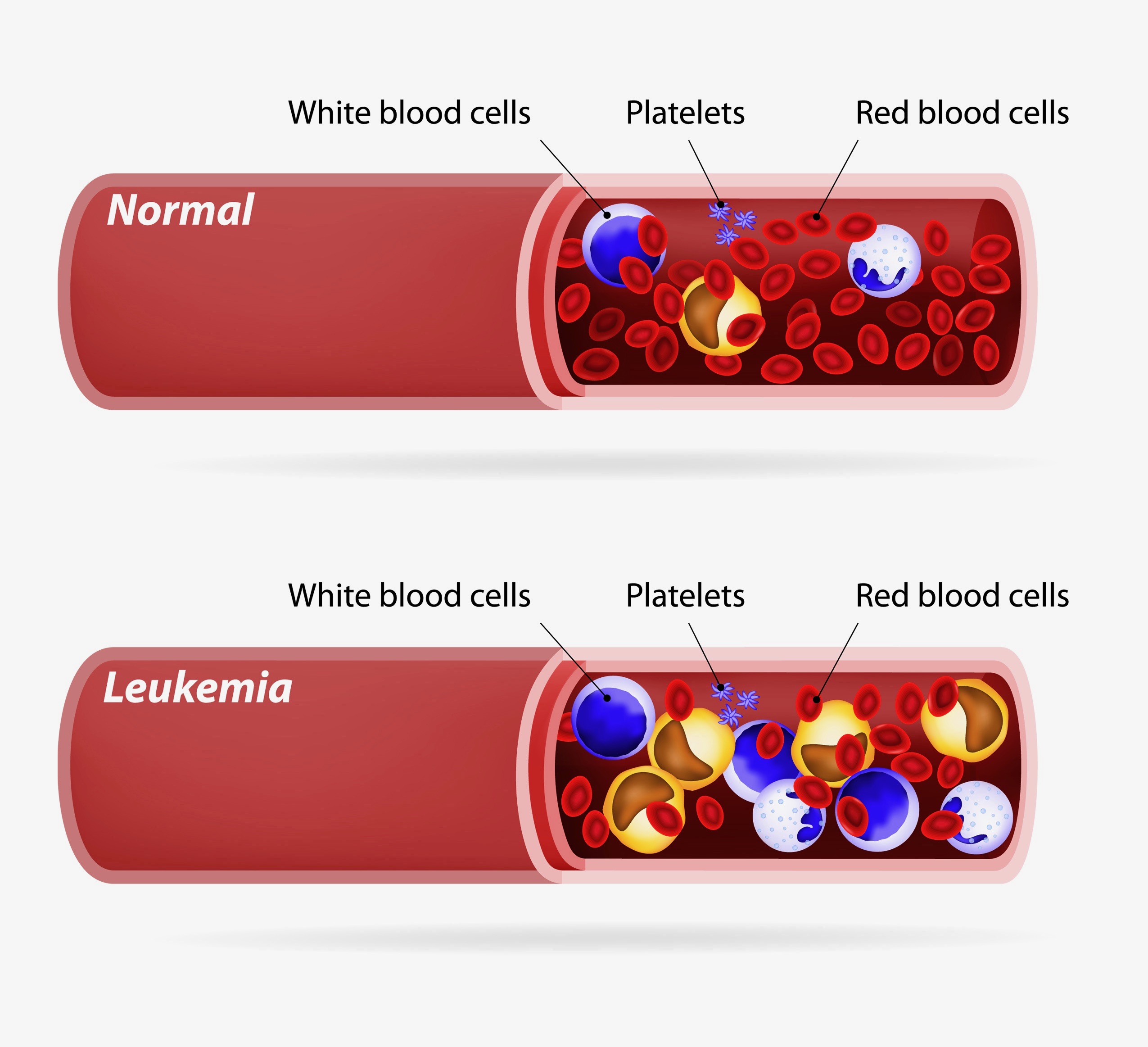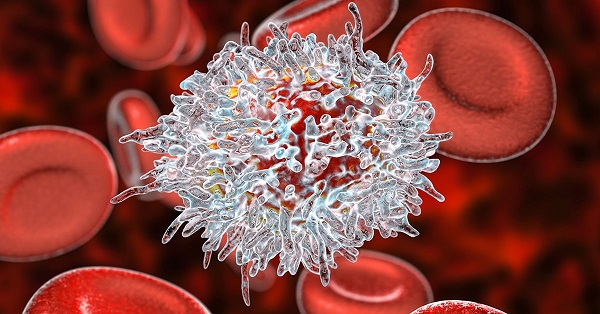Types of Blood Cancers and their Treatment

Ibrutinib Capsules for Leukemia and Multiple Myeloma
Hematologic tumors begin in the bone marrow, producing blood, which is the case with most blood cancers. When aberrant blood cells begin to develop uncontrollably, they disrupt the function of blood cells that fight infection and lead to the development of new blood cells.
What are the types of blood cancers?
The common forms of blood cancers or bone marrows are discussed below:

- LEUKEMIA
The type of blood cancer that starts in the bloodstream spreads to the bone marrow and comes up when the body produces excessive aberrant WBCs, interfering with the bone marrow’s ability to produce RBCs and platelets
- Non-Hodgkin Lymphoma
The lymphatic system (from lymphocytes) is responsible for the origination of this variant of blood cancer. Lymphocytes are a variant of WBCs that aids the body in fighting infections.
- Hodgkin Lymphoma
The type of blood cancer that arises from lymphocytes in the lymphatic system. The Reed-Sternberg cell, present in Hodgkin lymphoma, is a type of aberrant lymphocyte.
- Multiple Myeloma
This is a variant that starts in the plasma cells of the blood.
Now, Let’s discuss the forms of blood cancers or bone marrows that are less common:
- Myelodysplastic Syndromes
Damage to blood-forming cells in the bone marrow can cause these uncommon disorders. - Myeloproliferative neoplasms
The leading cause behind these uncommon disorders is the same as mentioned above.
Rare blood malignancies develop during the generation of excessive WBCs, RBCs, or platelets. Essential thrombocythemia, polycythemia vera, and myelofibrosis are the three primary subtypes.
- Amyloidosis
This condition, defined by the accumulation of amyloid (an aberrant protein), is not cancer. It is, nevertheless, closely linked to multiple myeloma. - Waldenstrom macroglobulinemia
The origination of this variant takes place in B-cells via non-Hodgkin Lymphoma. - Aplastic anemia
When crucial stem cells are destroyed, this rare illness develops, and the only way to treat it is by transplanting bone marrow.
What causes blood cancer?
Modifications in the DNA of blood cells are the root cause of all blood malignancies. Various risk factors differ depending on the variant of blood cancer.
The cells start to misbehave due to this. These are not genetic faults that might be handed over to offspring since they arise during a person’s lifespan.
Origination of blood cancer

Trillions of microscopic building units called cells make up your body. Every aspect of your body, including your blood, comprises cells.
Your body’s cells die and are replaced all of the time. This is the process by which your body develops and heals. Cells typically split in a controllable environment to produce new cells as needed.
DNA is a molecule in all living cells that regulates how they grow, function, and die. If some disruption occurs within the DNA of a blood cell, it may fail to form or function properly, die when it should, or split and proliferate too quickly. Blood cancer may result as a result of this.
Atypical blood cells can continue to grow in blood cancer. They could be malfunctioning and preventing healthy blood cells from performing their functions. This can prevent your blood from functioning normally, such as fighting infections and repairing your body.
Medication for Cancer – Iburunat 140mg capsule (Ibrutinib)
Ibrutinib uses
Ibrutinib is used for treating the people:
- Having MCL – Mantle Cell Lymphoma, a variant of cancer that originates in the cells comprising the human body’s immune system.
- Having CLL – Chronic Lymphatic Leukemia, a variant of cancer originating in the WBCs comprising the blood.
- Having WM – Waldenstrom’s Macroglobulinemia, a variant of dilatory cancer that originates in the WBCs fighting infections in the human body.
Ibrutinib assists in preventing cancer cells from spreading. However, consuming Ibrutinib might lead to side effects such as constipation, improper sleep patterns, lack of appetite, rashes, itchiness, Nausea, anxiety, blurred vision etc. Ibrutinib is the best medicine.


 Anti Cancer Drugs
Anti Cancer Drugs Hepatitis C
Hepatitis C Meds for HIV
Meds for HIV Ayurvedic Medicine
Ayurvedic Medicine Transplant Medicine
Transplant Medicine Respiratory System
Respiratory System +91-9999064250 / 9811604424 / 9811604444
+91-9999064250 / 9811604424 / 9811604444
 8(800)100-47-90
8(800)100-47-90




